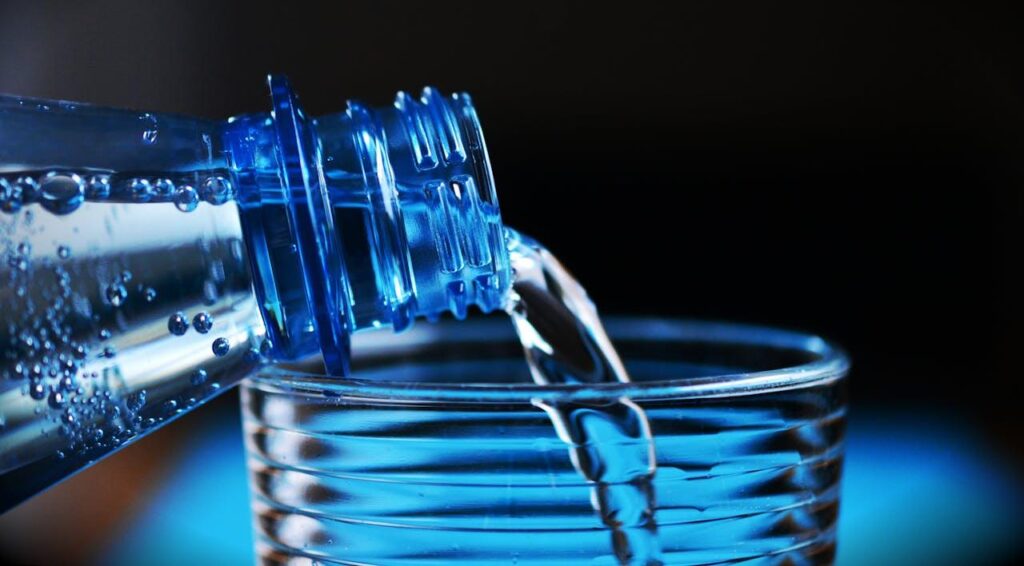In the world of hydration, choosing between tap and bottled water is a controversial decision. There are supporters of each choice who point to different aspects such as taste, practicality, and environmental effects. Bottled water offers portability and perceived purity, whereas tap water is easily accessible and regulated for safety. Understanding the differences between the two will help you select the one that most closely matches your preferences and requirements.
Tap Water: Fundamentals
To guarantee safety and quality, tap water is obtained from wells or municipal water supplies and is treated. Rivers, lakes, or reservoirs are the usual sources of municipal water, which is treated to get rid of pollutants like chemicals, bacteria, and silt. Water from wells is drawn from underground aquifers, where natural filtration frequently reduces the need for treatment. Filtration, chemical disinfection using chlorine, and pH correction to comply with regulations are typical treatment procedures. Regulatory agencies like the Environmental Protection Agency (EPA), which also manages the upkeep and observation of tap water quality, set safe drinking water standards.
The Advantages of Tap Water
Aside from being more affordable than bottled water, tap water has many other advantages that make it available to a larger group of individuals. Tap water is less harmful to the environment than bottled water since it produces less plastic waste and emits less carbon dioxide during production and delivery. Furthermore, there is no need to buy or carry containers because tap water is always available in homes, offices, and public areas. It is also quite convenient.
Cons of Using Tap Water
The occasional quality issues with tap water, such as regional contamination or taste differences, are among its drawbacks. Even if tap water is treated to fulfill safety regulations, problems with outdated infrastructure might arise and cause problems with the quality of the water, such as lead contamination in older residences. Furthermore, depending too much on centralized water infrastructure could make access to clean water more difficult during emergencies or repairs. To ensure safe drinking water, it’s critical to address these drawbacks by keeping up with water quality reports and, if necessary, thinking about filtration methods.
Overview of Bottled Water
Bottled water is available in several packaging options, such as glass bottles, plastic bottles, or cartons. It can be obtained from natural springs or purified tap water. It passes regulatory inspections to guarantee correct labeling and safety, adhering to guidelines established by organizations such as the Food and Drug Administration (FDA). Bottled water is popular because it is portable and readily available in places where access to pure tap water is limited. It also gives convenience and the appearance of purity. But when it comes to cost-effectiveness and environmental impact, the decision between using tap vs bottled water is a challenge because of plastic pollution and the sustainability of bottled water usage.
Advantages of Water in Bottles
One advantage of bottled water is its mobility, which makes it easy to stay hydrated when engaging in activities like sports or travel. A lot of people believe that bottled water is safer and purer than tap water, and they have more faith in its cleanliness and quality. Customers with a variety of tastes and preferences are drawn to the assortment of bottled water options, including flavored or enhanced varieties.
Negative Aspects of Bottled Water
One of the drawbacks of bottled water is its effect on the environment since the manufacture and disposal of plastic bottles pollute the environment and damage ecosystems. Bottled water might be more expensive than tap water, which is usually less expensive, especially if it is used frequently. Although bottled water is thought to be purer than tap water, toxins can still be present, and regulations governing bottled water might not be as strict as those governing tap water. Alternative sources of hydration should be taken into consideration due to concerns about the sustainability of extracting water from natural springs and the energy needed for bottling and transportation.
Conclusion
When selecting your choice, consider aspects like cost, convenience, and the effect on the environment. Although tap water is usually less expensive and better for the environment, bottled water is more portable and is thought to be purer. Whichever route you take, remember to keep up with sustainability and water quality issues. Consider employing filtration systems and reusable water bottles to reduce your influence on the environment. The decision that most closely matches your values and way of life is ultimately the best one.







